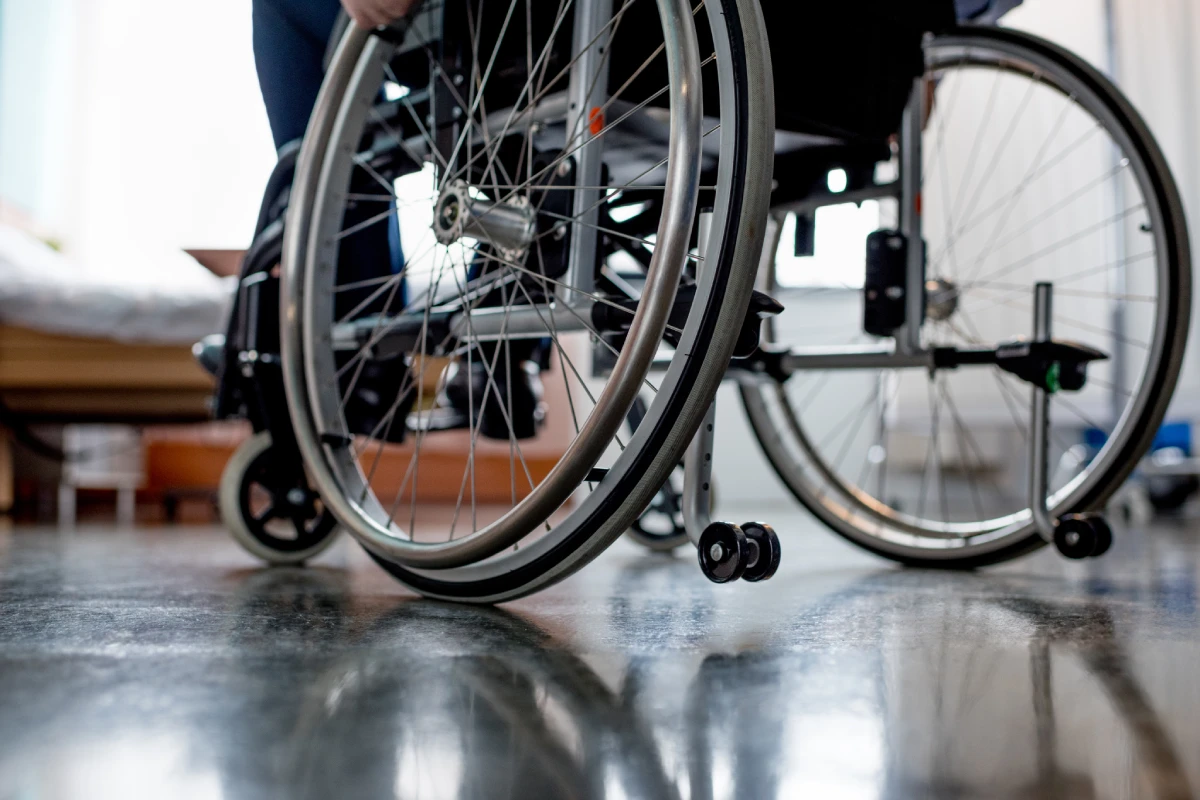Did you know that if you receive Social Security Disability Insurance (SSDI), you may be able to test your ability to work for nine months and still receive full SSDI benefit payments no matter how much you earn from your job?
The Social Security Administration developed the Ticket to Work Program to support career development for beneficiary’s ages 18 through 64 who want to work. The Program offers beneficiaries access to meaningful employment with the assistance of Ticket to Work employment service providers.
Each disability claim is eligible for a single Trial Work Period. With the Trial Work Period, people who receive SSDI can make a work attempt while receiving their benefit payments for nine months. During the Trial Work Period, beneficiaries receive full SSDI benefit payments no matter how much they earn. It’s important to know that the nine months do not have to be consecutive. However, once you use those nine months, your trial work period has ended. Social Security uses the amount of earnings you make in a month before taxes, to calculate if a month counts toward one of the nine months of your Trial Work Period. In 2022, $970 is the monthly amount that will trigger a trial work period.
After you’ve completed the nine month Trial Work Period, you begin a 36-month extended period of eligibility. During this time, if you continue to work, Social Security will evaluate your work and earnings. A person who is engaging in Substantial Gainful Activity (“SGA”), which for the year 2022 is monthly earnings of $1,350, may no longer be due payments. If you do not perform work that Social Security determines to be SGA during any month of your extended period of eligibility and continue to have your disabling impairment[s], you will be due your disability benefits during that month. If Social Security decides your work is Substantial Gainful Activity the first time after your Trial Work Period ends, Social Security will pay benefits for the month your disability ceased and the following two months. This is the grace period. However, if your earnings fall below SGA and you are still within the 36-month period, Social Security can restart your benefits without a new application.





